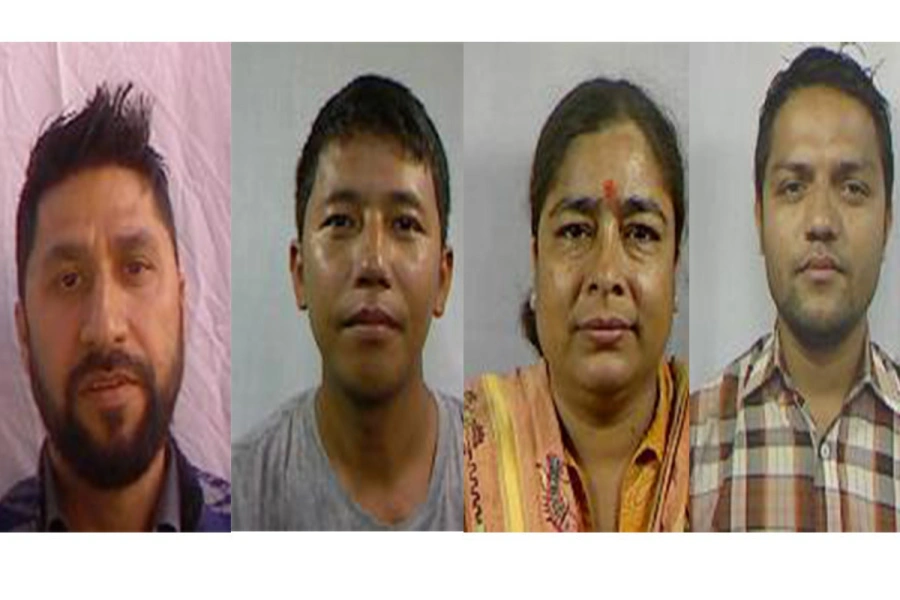JUMLA, Nov 25: Pujan Kumar Upadhyay, a 10th grader at Kanakasundari Secondary School of Jumla sat for his terminal examinations recently. He performed poorly. In the examinations, he was asked questions from the chapters which were not taught by the teachers yet. "It was the same for English, Maths and Science. We were asked questions from the chapters which were never discussed in the classroom," he reported.
That is not an unusual thing at community schools in Jumla, according to his classmate Prem Prasad Upadhyay. Neither the teachers nor the students come to schools regularly. But due to the pressure to complete the course on time, teachers prepare questions from different chapters randomly. "Our studies go at snail-paced, but it is not the same with examinations. Exams are held on time and standard questions are chosen," said Prem. "I get totally confused in the exam hall," he added.
According to Prem, its the same story in the entire Karnali region. Neither the teachers nor the students are serious about studies. "It would not be a strange matter if the schools have not finished the courses on time. Rather it would be surprising if any school has covered the courses on time," he noted.
School dropout rate high in Rolpa

Daily attendance is not something the schools follow. Neither the morning assemblies are held. According to Pujan and Prem, students can simply enter the classroom the time they reach the school. "There is no hard and fast rule. We can enter the class almost anytime," said Prem. "Even the teachers come to school at their ease."
Another problem that faces Karnali students is the lack of course books. Sometimes by the middle of the session and in the worst case, they are given books at the end of the year. This issue has not been resolved even though the matter hogs the headlines in the national media almost every year. According to Pujan, some students manage with books from their elder sisters and brothers. "But not everyone has that privilege," he said. "I have studied without the textbooks in many classes," he added. The lack of course books hits the students seriously. Basically those students who are weak in Maths, English and Science are the worst-affected, they say. According to Pujan, he could have self-studied at home if he had all course books. But since that's not the case, things get very hard for him. "We are just three months away from the next academic session. But many of us do not have even the course books of this year's grades yet," he lamented.
After the formation of the local units, the units oversee health, education and many other sectors at the local level. This has resulted in better situations at some regions and worse elsewhere. According to school students in Jumla, things have not gotten any better for them, they have only worsened. "Teachers are quite involved in politics. They are not serious and there is no mechanism to make them accountable either," said Pujan.
Meanwhile, chief of Education Development and Coordination Unit of Jumla, Makkarbahadur admitted the sorry state of education in the district. He stated that even parents have to be aware and involved for the desired change in the education sector. "We cannot put all the blame on the teachers alone. For education to be effective, parents have to be equally keen to follow up what's happening in schools and what their children are doing," he said.
Community schools have the management committee comprising locals, mainly guardians of the children studying at the schools. However, most of the schools are reported to have political appointment in such committees.
There are 92 basic schools, 31 lower secondary and 47 secondary schools in Jumla.






































